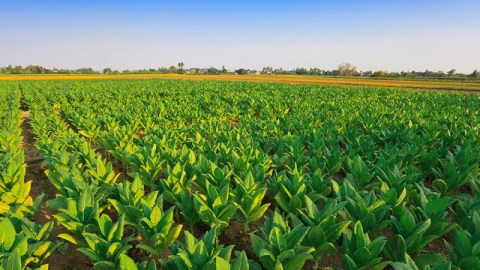Can We Make Biofuel From Tobacco?

What’s the Latest Development?
For her PhD, NUP/UPNA-Public University of Navarre agricultural engineer Ruth Sanz-Barrio focused on two specific types of thioredoxins, small proteins that exist in most living organisms, including tobacco plants. By modifying some of the genes in these proteins, she was able to increase substantially the amounts of starch, fermentable sugars and proteins they produced in the plants. With the sugars, she says, “one could obtain up to 40 litres of bioethanol per tonne of fresh [tobacco] leaves…which would mean an almost tenfold increase in bioethanol yield with respect to the [genetically unmodified] control tobacco plant.” In addition, the extra proteins could provide a new, affordable source of commercial albumin, which is widely used in medical applications.
What’s the Big Idea?
As smoking declines in popularity, particularly among developed nations, tobacco growers are understandably concerned about the value of their crop going forward. Sanz-Barrio’s groundbreaking research with tobacco proteins could open up a new path in which genetically-modified plants could relieve some of the biofuel production load currently shared by food crops such as wheat, barley and corn.
Photo Credit: Shutterstock.com





